First-generation Greek American Stelios Valanis remembers going to a Greek school attached to a Greek Orthodox church growing up.
Now a father, Valanis sends his children to Athena Hellenic Schools, which, unlike the school he attended as a child, is not associated with a church.
These Greek schools keep traditions alive across generations and have expanded to welcome a larger community.
Valanis said of his time in a Greek classroom, “You got to see a wider idea of what Greek is in Chicago by going to Greek school than just going to church.”
He said he remembers meeting people in his classes from other churches as well as community members who didn’t attend church.
The community of Greeks Valanis remembers come from various backgrounds present in his children’s classroom, but now members of a wider community are also learning the language and culture.
“We have some people who they are not Greeks so they attend the school because they want their children to learn the beautiful Greek language,” said founder and director of Athena Hellenic Schools Dimitrios Georgakopoulos.
Athena Hellenic School offers classes on Saturdays and after school to supplement children’s education. Athena Hellenic Schools, as well as Plato Academy, have students who are not of Greek descent.
Plato Academy, now an accredited progressive day school, has not forgotten its long history as a Greek-American school.
The school is currently located in Des Plaines and has students from all backgrounds. About half of the student body is Greek.
“We think that’s pretty cool in terms of helping us preserve our heritage making Hellenes out of the people on the streets,” said Principal Marianthi Koritsaris.
At Plato Academy all of the students learn Greek three days a week. Greek music and dancing are also taught and presented during an end of the year program.
The school started in 1952 as “Plato,” a school associated with Assumption Greek Orthodox Church in Chicago. It has since split away from the church due to financial needs and has had many locations over the past several years.
Plato Academy’s principal, Marianthi Koritsaris, attended the school in 1954 and has seen the school change throughout her lifetime. She and her four sisters graduated eighth grade from the school and Koritsaris’s children also attended.
Valanis said he believes it is important to share traditions with his children. “Most people recognize how powerful it is to have some knowledge of your roots and to fully be able to embrace yourself in really any culture outside of the dominant culture.”
At Athena Hellenic Schools, Valanis children are learning the Greek language, Greek music, geography of Greece — and the dances, which are one of Valanis’s favorite traditions.
Karolina Panagiotopoulou, one of the teachers at Athena Hellenic Schools who is originally from Greece, has taught Greek to Greek students in Italy and Germany before teaching at Athena Hellenic Schools. She said she sometimes finds it to be a challenge to teach Greek students who are far away from the country.
“I found it very interesting to try and bring them closer to their roots,” said Panagiotopoulou, who uses projects and songs to engage students with their heritage.
Although the students are learning about these topics and more, Georgakopoulos also said he tries to instill within them character ideals. “To have a good character, to respect the people, to love the people, to give help to other people,” he said.
Georgakopoulos has high hopes for the school he began in 1973 with a class of only nine students.
Like Plato Academy, Athena Hellenic Schools have had many locations through the years — starting at River Park Field House, then Park Ridge and Des Plaines. The school is now located in Morton Grove.
“I believe we have a future because every year we have more students,” Georgakopoulos said. He said he is thinking about giving his position to someone else next year.
Plato Academy in Des Plaines is looking to purchase a bigger building for their growing school this year.
The future,though, is the students who are learning Greek now.
Valanis hopes that his children understand the importance of “being multicultural and being able to pass on what we have these little gifts that we have inherited and we want to continue them.”

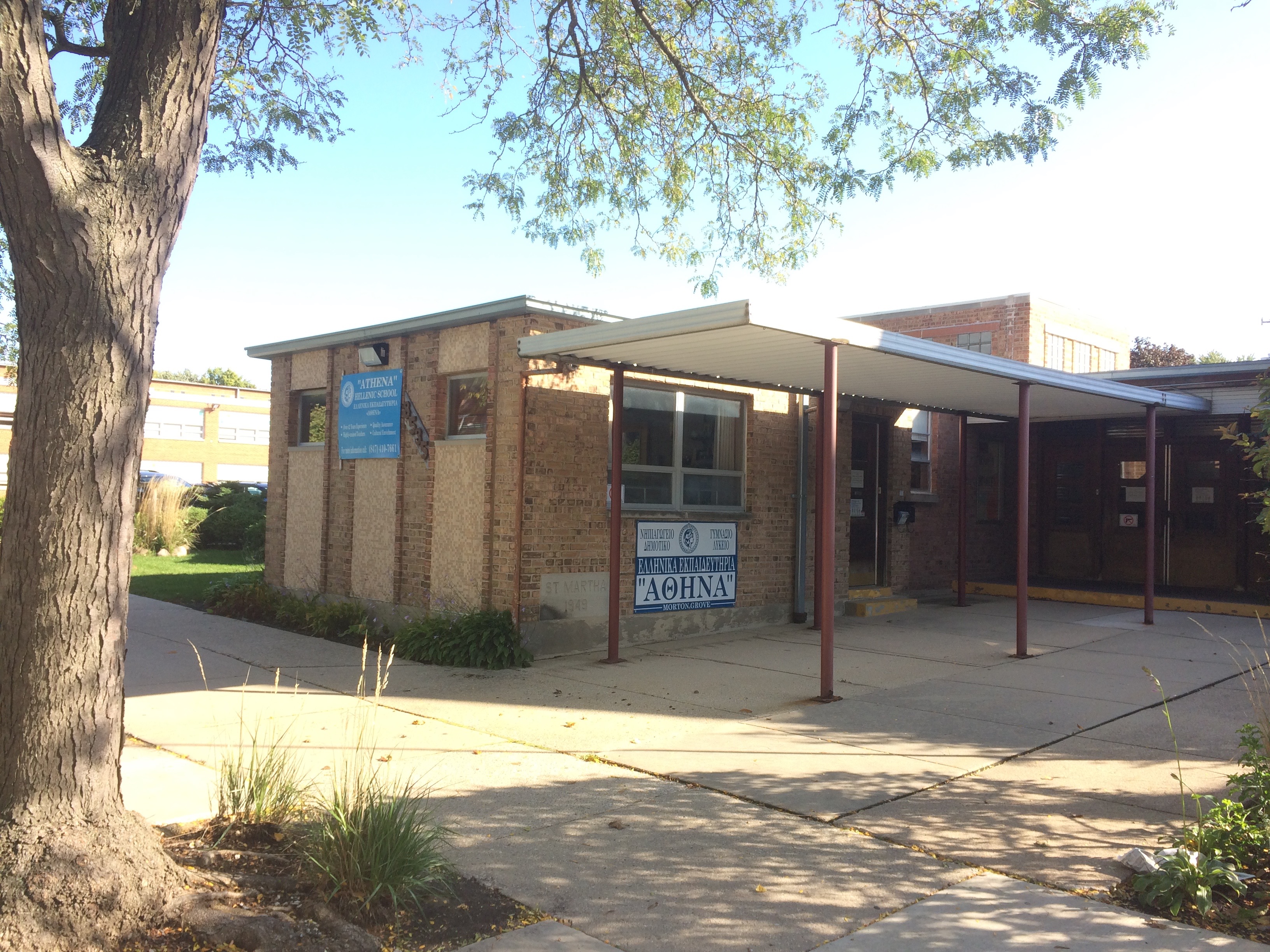
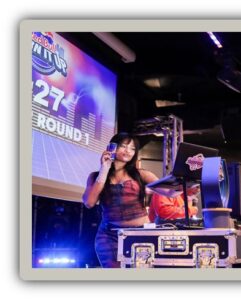
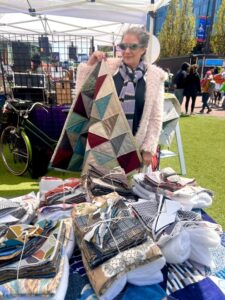
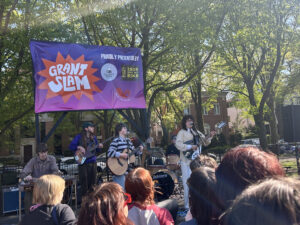

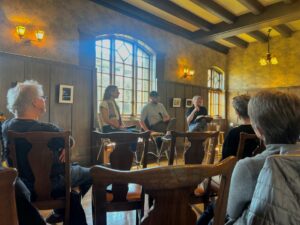





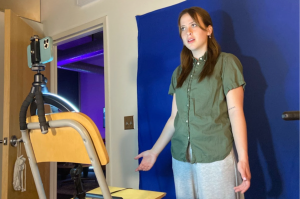




Be First to Comment